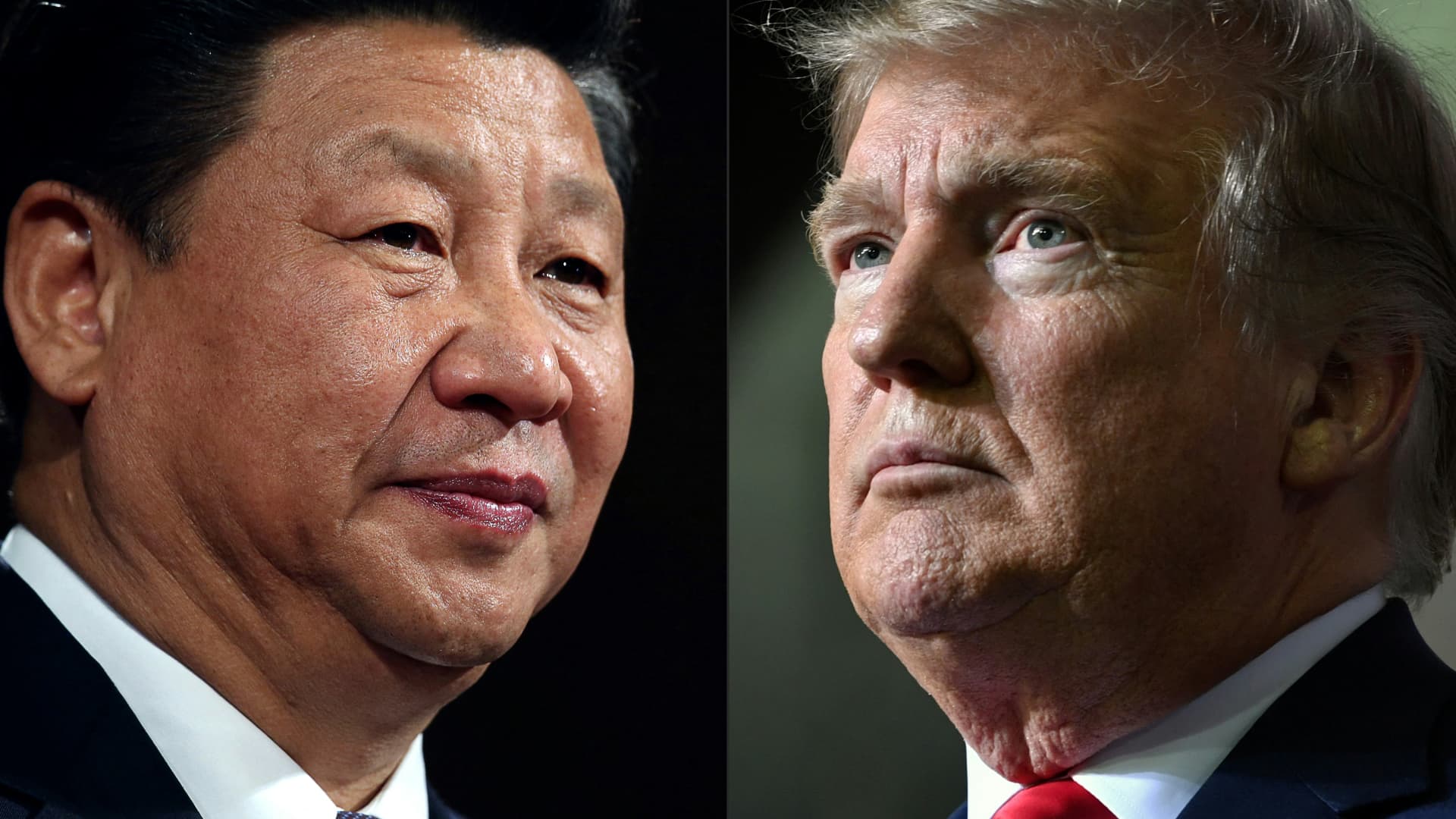Jerome Powell, chairman of the U.S. Federal Reserve, during a news conference following a Federal Open Market Committee meeting in Washington, DC, US, on Wednesday, Dec. 18, 2024.
Al Drago | Bloomberg | Getty Images
This report is from today’s CNBC Daily Open, our international markets newsletter. CNBC Daily Open brings investors up to speed on everything they need to know, no matter where they are. Like what you see? You can subscribe here.
What you need to know today
Fed cautious about inflation and Trump’s policies
At their December meeting, U.S. Federal Reserve officials expressed concern that inflation would stubbornly remain above the central bank’s 2% target, and over the possible impact of U.S. President-elect Donald Trump’s policies. Consequently, officials would be moving more slowly on interest rate cuts, minutes released Wednesday showed.
Stocks shrugged off inflation concerns
U.S. stocks eked out a small gain on Wednesday even though the 10-year Treasury yield touched to its highest since April following the release of the Fed’s minutes. The pan-European Stoxx 600 index lost 0.19%, relinquishing earlier gains after flash data by the European Commission showed that EU economic sentiment indicator had dropped 1.7 points in December.
Quibble over quantum computing
Nvidia CEO Jensen Huang said on Tuesday that getting “very useful quantum computers” to market could take 15 to 30 years, causing quantum computing stocks to tumble on Wednesday. Alan Baratz, CEO of D-Wave Quantum, shares of which slumped more than 30%, said that Huang is “dead wrong” — “we at D-Wave are commercial today,” Baratz told CNBC.
Rolls-Royce benefiting from ultra-rich
Rolls-Royce Motor Cars on Wednesday said it is investing over £300 million ($369.9 million) to expand its global headquarters. The investment will help it meet growing demand by the ultra-rich, who have requested bespoke embellishments such as 18-carat gold sculptures, embroideries comprising more than 869,500 stitches and holographic paint finishes.
[PRO] Small-cap index close to correction
The Russell 2000 lost 0.48% in Wednesday’s trading, putting it close to correction territory, which is typically seen as a 10% drop from a recent high. A Bank of America strategist explains why the benchmark, which comprises the smallest 2,000 stocks in the Russell Index, ran into obstacles in December and might see further trouble ahead.
The bottom line
On paper, minutes for the Fed’s December meeting spelled bad news for investors. Officials were worried about inflation and the impact of Trump’s stated policies (though Trump was not explicitly named).
“Almost all participants judged that upside risks to the inflation outlook had increased,” the minutes said. “Participants cited recent stronger-than-expected readings on inflation and the likely effects of potential changes in trade and immigration policy.”
As a result, Fed officials see the pace of interest rate cuts in the future slowing down.
Upside risks to inflation, problematic policies for the economy and fewer-than-expected rate cuts: That’s a potent and bitter brew for investors to swallow. Yield on the 10-year Treasury note hit 4.730% during intraday trading, the highest since April.
Yet stocks mostly shrugged off that warning to tick up on Wednesday. The S&P 500 added 0.16% and the Dow Jones Industrial Average rose 0.25%. The Nasdaq Composite slipped 0.06% — tech stocks like Palantir, Advanced Micro Devices and Micro Strategy had a rough day — but that’s still close to the flatline and not a precipitous drop.
Investors, it seems, had already priced in inflation warnings — the Fed’s most recent dot plot, which projected just two quarter-point cuts in 2025, had already shaken markets when it was released in December.
Fed Governor Christopher Waller also provided some salve to investors. Speaking in Paris, he said inflation’s stubbornness recently had been driven primarily by “imputed” prices such as housing services, while “observed” prices for other goods and services show disinflation.
Waller added that if economic conditions go according to his view, he would “support continuing to cut our policy rate in 2025.”
What’s not priced in as much is the U.S. jobs report for December, due on Friday. That could be the next catalyst for markets.
— CNBC’s Jeff Cox, Sean Conlon and Pia Singh contributed to this report.











